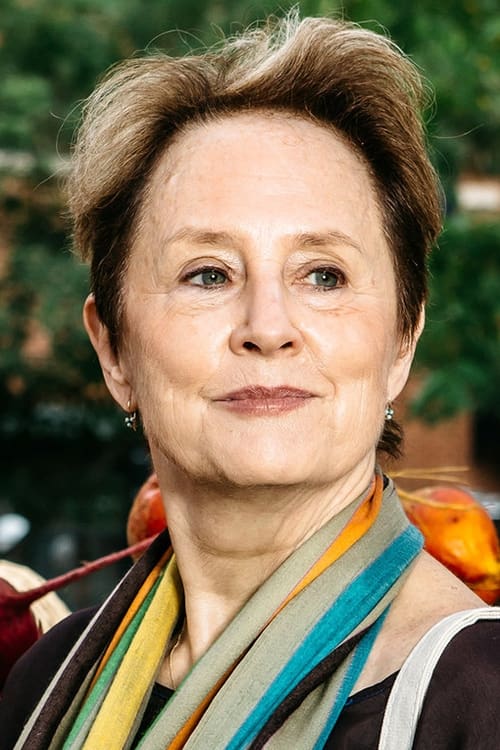
Alice Louise Waters is an American chef, restaurateur, and author. She is the owner of Chez Panisse, a Berkeley, California, restaurant famous for creating the farm-to-table movement and for pioneering California cuisine, which she opened in 1971. Waters has authored and co-authored many books, including "Chez Panisse Cooking" (with Paul Bertolli), "Chez Panisse Vegetables", "Chez Panisse Fruit",...
Explore all movies appearances

America's policy of producing cheap food at all costs has long hobbled small independent farmers, ranchers, and chefs. Worried for their survival, trailblazing food writer Ruth Reichl reaches out across political and social divides to uncover the country's broken food system and the innovators risking it all to transform it.
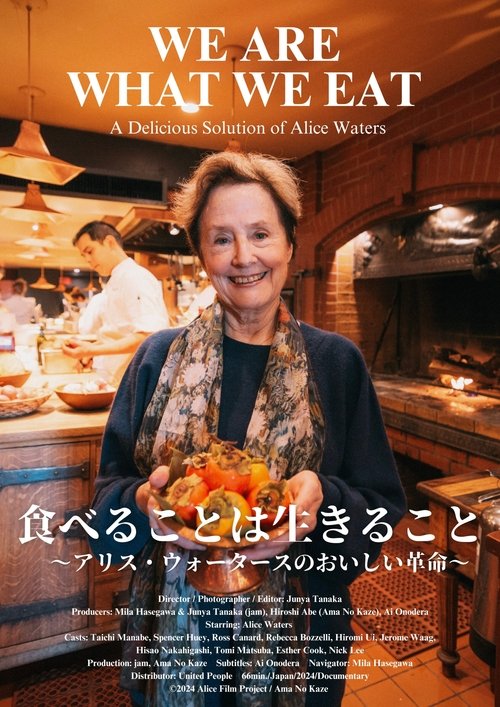
In 2023, Alice visited Japan to commemorate the first anniversary of her book “We Are What We Eat – A Slow Food Manifesto”, published by Ama no Kaze. The journey took her across various regions of Japan, where she had school lunches and interacted with local producers and chefs dedicated to regenerating the local biodiversity through protecting their land. Through Alice’s passionate words and intent gaze, the audience will witness beautiful Slow Food initiatives in Japan.
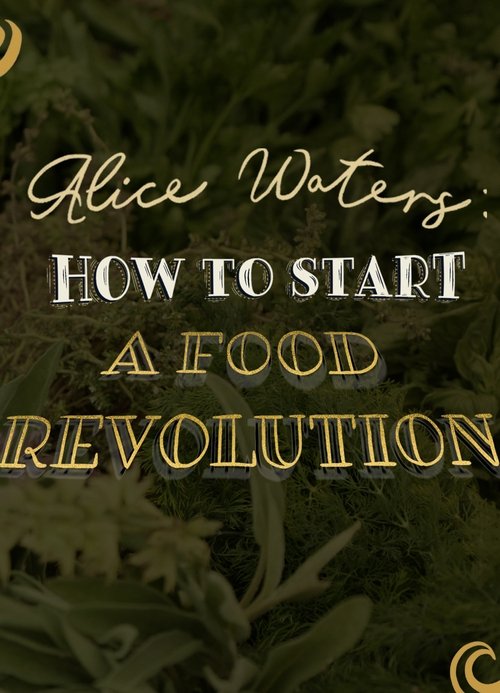
On August 28, 1971, Chez Panisse opened its doors in Berkeley, Calif. The restaurant merged fine dining with high-quality, locally and seasonally sourced food. Over the past half-century, founder and activist Alice Waters has inspired countless restaurants, chefs and home cooks, forging a movement of simple food made with local ingredients.

Waging Change weaves the stories of individual workers such as Nataki Rhodes of Chicago and Naomi Debebe of Detroit with the efforts of thousands of restaurant workers across the country to demand respect and one fair wage.

A documentary on the six-decades long career of a muckraking journalist, who was involved with the radical 196os magazine Ramparts, with the Los Angeles Times newspaper, and later with the Internet website Truthdig.
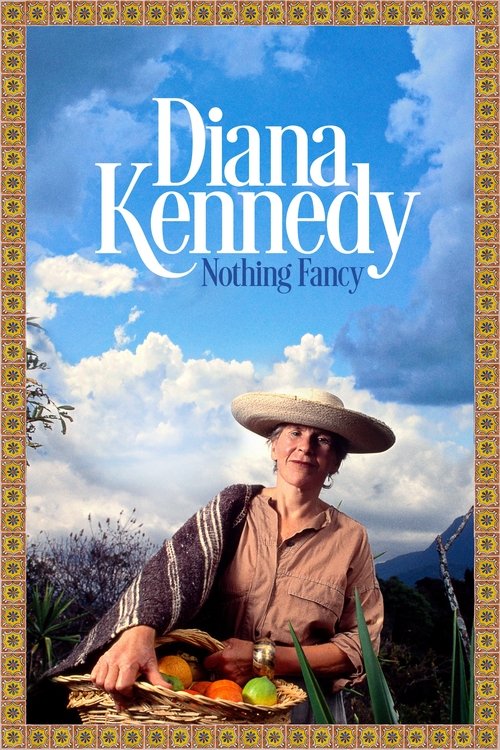
Cookbook author and environmental activist Diana Kennedy reflects on an unconventional life spent mastering Mexican cuisine.
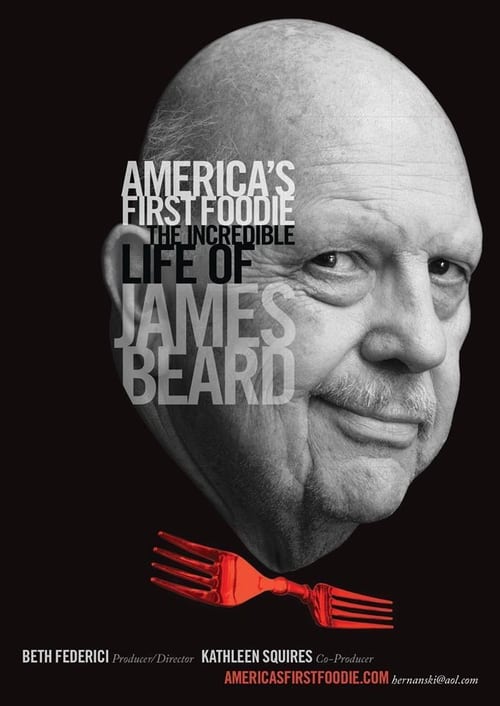
Food in the 21st century has become much more than “meat and potatoes” and canned soup casseroles.” Chefs have gained celebrity status; recipes and exotic ingredients, once impossible to find, are now just a mouse click away; and the country's major cities are better known for their gastronomy than their art galleries. This food movement can be traced back to one man: James Beard. His name graces the highest culinary honor in the American food world today—the James Beard Foundation Awards. And while chefs all around the country aspire to win a James Beard Award, often referred to as the “culinary Oscars,” many of those same chefs know very little about the man behind the medal. Respected restaurateur Drew Nieporent summed it up when he said, “Everybody knows the name James Beard. They may not know who he is, but they know the name.”

A look at man's relationship with Dirt. Dirt has given us food, shelter, fuel, medicine, ceramics, flowers, cosmetics and color --everything needed for our survival. For most of the last ten thousand years we humans understood our intimate bond with dirt and the rest of nature. We took care of the soils that took care of us. But, over time, we lost that connection. We turned dirt into something "dirty." In doing so, we transform the skin of the earth into a hellish and dangerous landscape for all life on earth. A millennial shift in consciousness about the environment offers a beacon of hope - and practical solutions.

A fascinating look at how American agricultural policy and food culture developed in the 20th century, and how the California food movement rebelled against big agribusiness to launch the local organic food movement.

What happens when fed-up moms try to change school food?
Subscribe for exclusive insights on movies, TV shows, and games! Get top picks, fascinating facts, in-depth analysis, and more delivered straight to your inbox.